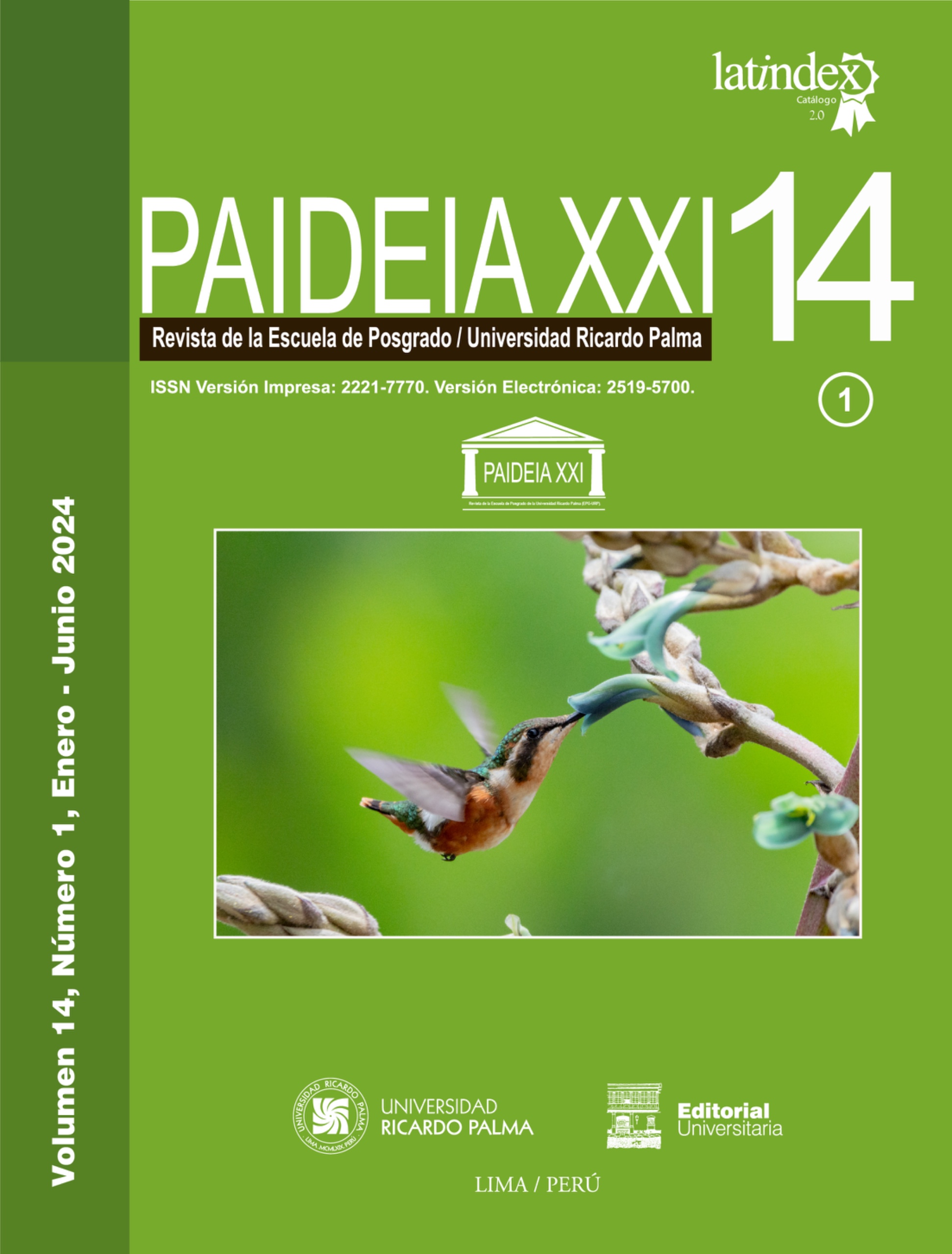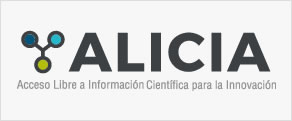Principios de dominio metodológico en la competencia profesional del árbitro científico
DOI:
https://doi.org/10.31381/paideiaxxi.v14i1.6498Palabras clave:
arbitraje científico, calidad lingüística, evaluación de manuscrito, excelencia científica, principios metodológicosResumen
El objetivo del estudio fue describir principios de dominio metodológico en la competencia profesional del árbitro científico. El estudio se realizó entre enero y febrero de 2024. Se seleccionaron tres fichas de evaluación de manuscritos correspondientes a las directrices para el arbitraje científico de las siguientes Acta Biológica Colombiana, Colombia; Revista Internacional de Contaminación Ambiental, México; y The Biologist (Lima), Perú. Se detallaron criterios de evaluación para cada una de las revistas. Asimismo, se describieron tres principios de dominio metodológico en la competencia profesional del árbitro científico: básicos o generales, avanzados o específicos y complementarios. Se destacó que, hubo diferencias y similitudes en criterios como la estructura metodológica y la calidad lingüística, resaltando la diversidad y convergencia en las prácticas de revisión. La descripción detallada de principios del arbitraje científico, divididos en básicos, avanzados y complementarios, abarca ética, metodología, comunicación y calidad, enriqueciendo el proceso de revisión. Se discute que, la diversidad en la evaluación de manuscritos es crucial para una revisión equitativa. Además, promover la calidad lingüística y el entendimiento de los principios metodológicos fortalece la integridad del arbitraje científico. Se concluye que, el examen de los principios de formación del árbitro científico destaca la complejidad de la revisión de manuscritos, desde aspectos éticos hasta evaluaciones específicas, enfatizando la importancia de la integridad y la comunicación para la excelencia científica.











